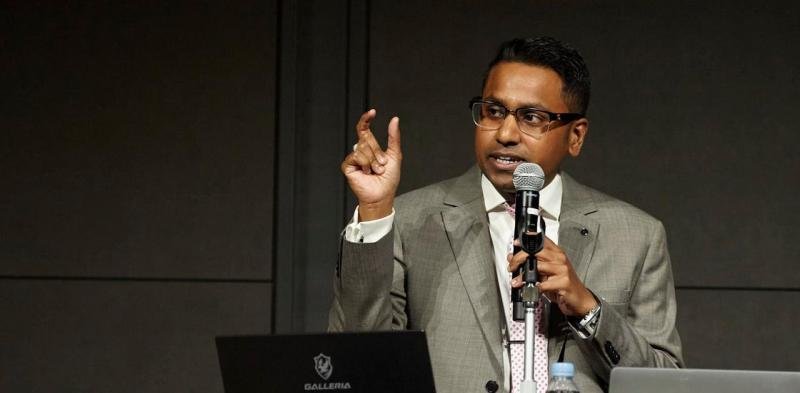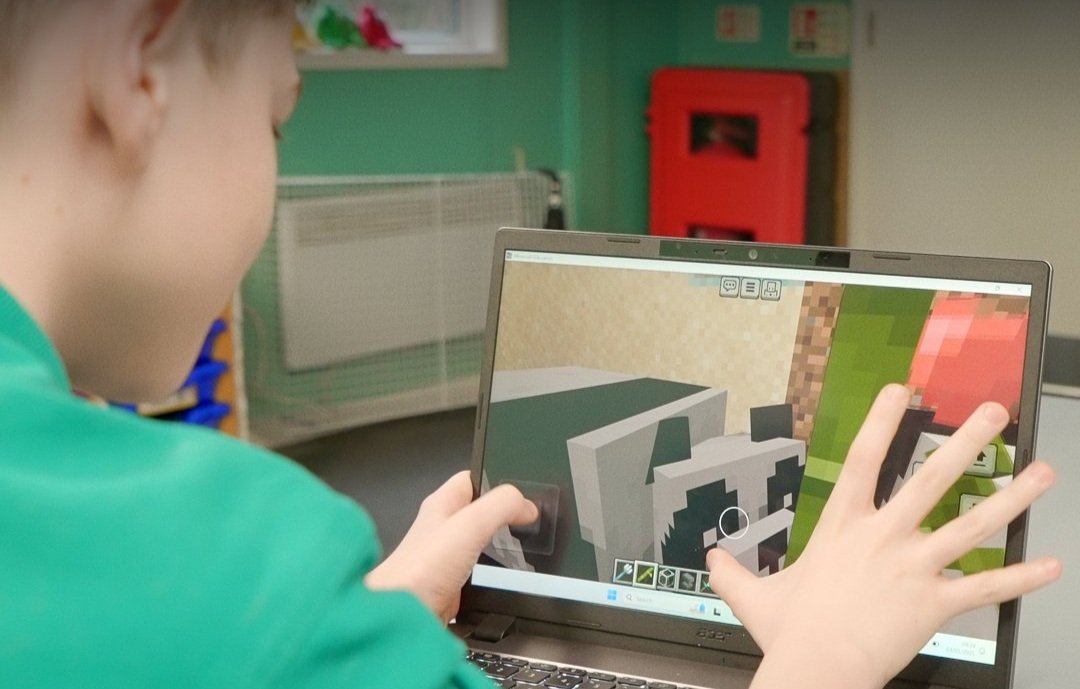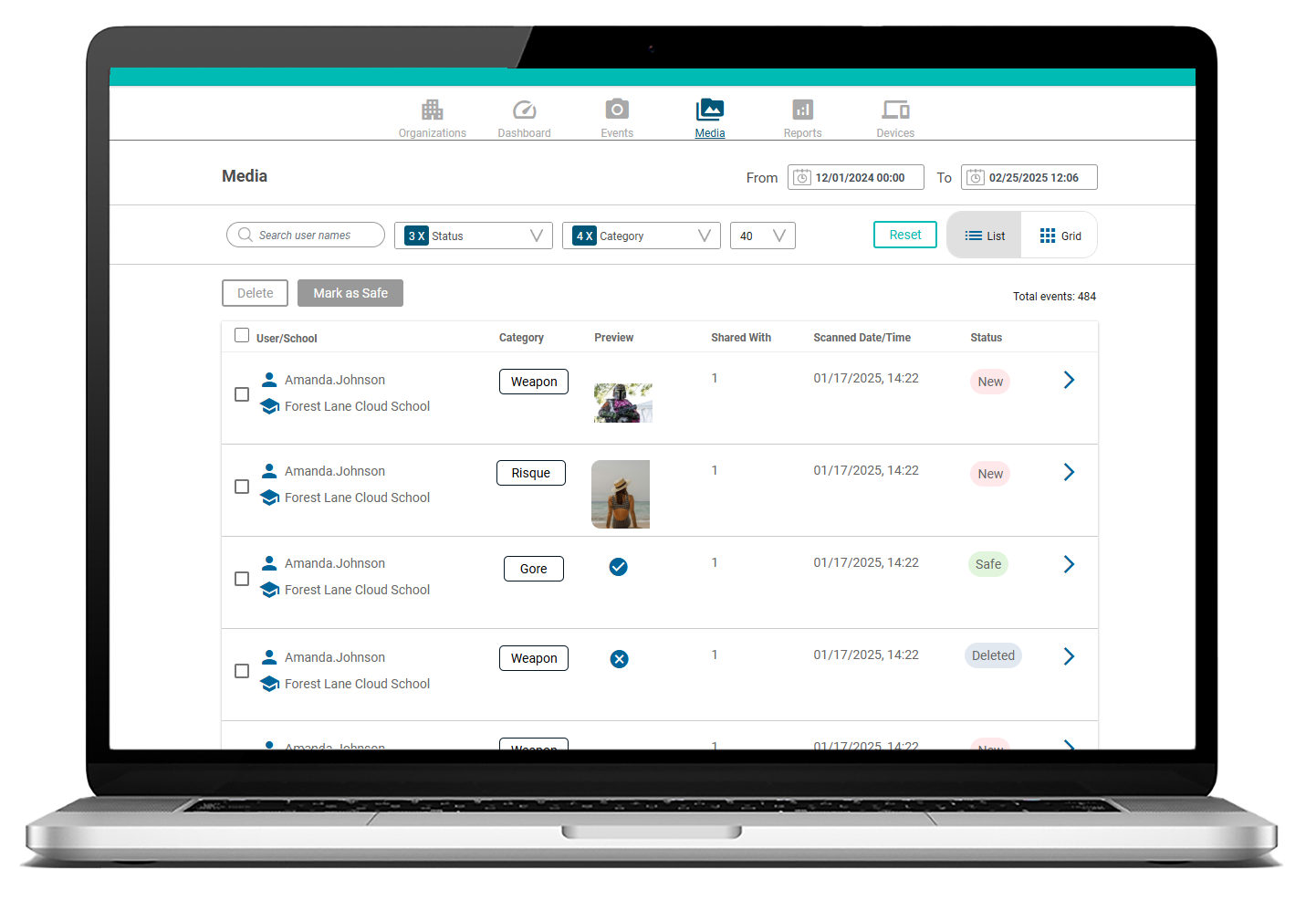Girls Who Code launches cyber education campaign to promote cybersecurity awareness in K-12 students
The Cyber Education Alliance, a network of 20 organisations led by the nonprofit Girls Who Code, has launched the Get Cyber Smart campaign.
Announced today, the initiative provides resources to K-12 students to raise awareness about cybersecurity, especially as children spend more time engaging with digital tools.
The #GetCyberSmart campaign comes as part of Cybersecurity Awareness Month. It offers a range of educational materials designed to help students, parents, and teachers develop essential skills to stay safe online. These resources include interactive games, lesson plans, career exploration opportunities, and videos, all created to increase understanding of cybersecurity issues.
The campaign focuses particularly on underrepresented groups who may face higher risks online. Dr. Tarika Barrett, CEO of Girls Who Code, emphasised the importance of early education in cybersecurity for all children.
“Empowering K-12 students with the knowledge and skills to protect themselves from cybersecurity threats is not just about their safety—it's about ensuring they have the confidence and ability to explore the digital world securely from a young age,” said Barrett. “In a world where technology is woven into their everyday experiences, understanding cybersecurity is crucial for fostering a safer, more resilient digital future.”
Organisations collaborate to promote cyber safety
The campaign is supported by a wide range of organisations, including Black Girls Hack, Code.org, and the Cybersecurity and Infrastructure Security Agency (CISA). Together, these partners have developed tools to encourage children and teenagers to explore cybersecurity while safeguarding their digital presence. For example, CISA’s Cybersecurity Awareness Month Puzzle introduces younger students to essential cybersecurity terms, and The Diana Initiative's Cyber Craft Series helps parents engage their children on cybersecurity topics creatively.
The collaboration between these organisations reflects a shared mission of encouraging digital literacy among students and their families. Karen Lundgard, Interim CEO of Girl Scouts of Greater New York, highlighted the value of this partnership.
“The Girl Scouts of Greater New York is excited to join the Cyber Education Alliance and partner in providing vital resources and education that empower young people to safeguard themselves in the digital world,” she said.
“We are not only enhancing the educational experience for our Girl Scouts but also reinforcing our mission to build girls of courage, confidence, and character who make the world a better place – both online and offline.”
In addition to student and parent resources, the #GetCyberSmart campaign seeks to inspire students to consider careers in cybersecurity. The campaign promotes cybersecurity awareness as a potential career path through various tools that showcase the skills needed to succeed in the field.
Girls Who Code, known for its mission to close the gender gap in technology, has reached over 670,000 students globally since its founding in 2012. Of these, more than 218,000 are now either in higher education or actively working in their chosen careers. Through its in-person and virtual programmes, Girls Who Code has built a reputation for empowering girls and nonbinary students with the computing skills necessary for the 21st-century job market.
The initiative has received generous support from Craig Newmark Philanthropies, whose founder, Craig Newmark, expressed enthusiasm about the project’s potential impact.
“I'm proud to support Girls Who Code's efforts in promoting cyber safety,” said Newmark. “It's inspiring to see this strong Alliance come together to build this campaign, not only to educate young people but also potentially ignite their interest in pursuing cybersecurity as a career.”
The #GetCyberSmart campaign is available to students, parents, and teachers through the GetCyberSmart.org website, offering a range of tools designed to foster a safe and secure digital environment for young people.





















